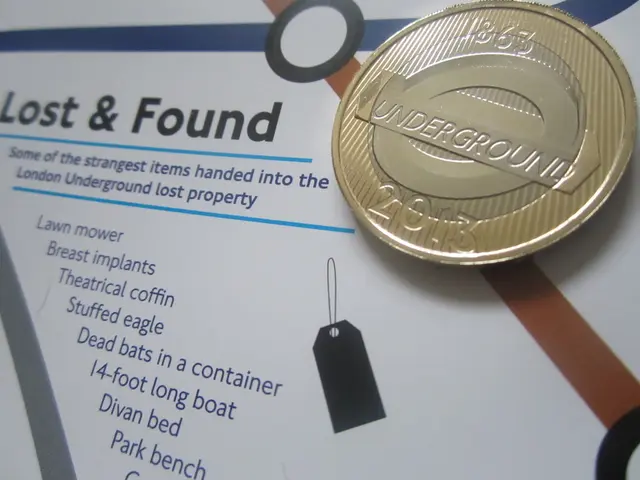Two more European explosive device manufacturers plan to shut down operations
In the heart of Europe, the chemical industry is grappling with a significant shift. Olivia Steele, an olefins research analyst at Wood Mackenzie, has highlighted that there is 2.3 million tonnes of ethylene capacity for sale in Europe, a clear sign of the challenges ahead.
The main culprits behind these closures are aging infrastructure, high production and energy costs, global overcapacity, and intense international competition. These factors have made many European steam crackers—often small to mid-sized and over 40 years old—economically unviable, leading to persistent financial losses and underutilization of capacity below profitable levels since 2023. Major operators such as Versalis, Dow, ExxonMobil, Shell, and TotalEnergies are closing or scaling back their European steam crackers due to these challenges.
Energy prices and production costs in Europe are significantly higher than in competing regions, and the global oversupply of petrochemical products, driven largely by massive capacity additions in China, has depressed margins further. This combination has led to permanent closures, such as Sabic’s Geleen cracker and Dow’s Böhlen cracker, and a strategic shift toward alternative investments like bio-refineries and recycling.
The potential impacts on the European chemical industry are significant. Job losses could reach up to 50,000 by 2035 if further steam cracker closures continue, according to a joint statement by eight EU countries. Europe will increasingly depend on imports for critical intermediate chemicals like ethylene and propylene, weakening supply chain resilience and potentially increasing costs. The closures may have spillover effects across downstream sectors, such as plastics, pharmaceuticals, and industrial manufacturing.
Industry restructuring and consolidation are also on the horizon. Companies are consolidating assets or divesting non-core or unprofitable units to focus on competitive segments, as seen with INEOS acquiring TotalEnergies’ shares and LyondellBasell reviewing its European assets. Some firms are redirecting investment toward circular economy initiatives, such as chemical recycling and bio-based refineries, indicating structural changes in the industry for long-term sustainability.
However, there is hope that structural reforms may stabilize the situation in the future. China is committing capital to develop its chemical industry, supporting companies as they grow and achieve dominance. European politicians are beginning to realize that domestic production needs some support, and initiatives like Ineos' Project One, a new ethylene cracker in Europe that processes imported US ethane and has a carbon footprint half that of a typical European naphtha cracker, are promising steps towards a more sustainable future.
In summary, high costs, aged facilities, global competition, and overcapacity are driving steam cracker closures in Europe, threatening jobs, chemical supply chains, and industrial competitiveness, while prompting industry restructuring and a shift toward sustainability-focused investments. The future of Europe's chemical industry lies in addressing these challenges and embracing innovation and sustainability for long-term success.
References:
- BBC News
- Chemical & Engineering News
- ICIS
- Chemical Watch
- Reuters
- The chemical industry in Europe is experiencing a significant shift due to various factors, including aging infrastructure, high costs, global overcapacity, and intense competition, which have made many steam crackers uneconomical.
- The financial losses and underutilization of capacity in European steam crackers have led major operators like Versalis, Dow, ExxonMobil, Shell, and TotalEnergies to close or scale back their operations, affecting the businesses in the chemical industry.
- The European chemical industry is expected to undergo restructuring and consolidation, with companies focusing on competitive segments, redirecting investment toward circular economy initiatives such as chemical recycling and bio-based refineries, and seeking partnerships or capital from sources like China for long-term sustainability.




